Leonard Cummings was heartened by the public outpouring of grief and outrage last year after George Floyd was killed by a Minneapolis police officer and many Mainers took to the streets in protest.
But he worried that the renewed attention to racism in America would prompt Mainers to focus their attention elsewhere if they didn’t recognize the work that remains undone here at home.
In particular, Cummings, a founder of the Committee to Restore the Abyssinian, feared that the Black Lives Matter movement might ignore the arduous and ongoing 25-year effort to breathe life into the historic meetinghouse built by some of Portland’s earliest Black residents.
His worry, it seems, was unwarranted.
In the wake of last year’s Black Lives Matter protests – including a Juneteenth march through downtown Portland that included a stop in front of the historic meetinghouse – the committee has received $375,000 in donations. Much of it came from individuals and far exceeded previous annual fundraising efforts.

Leonard Cummings, a founder of the Committee to Restore the Abyssinian, looks out of a window inside of the Abyssinian Meeting House in Portland in June 2020. Brianna Soukup/Staff Photographer
“The response was tremendous,” Cummings said. “The biggest response came from the people and young kids. I thought this project would be completed by 2009, but it’s been a struggle. We can’t do the work if we don’t have the money. But our faith led us on. You keep going, you keep trying and we’ve come out stronger.”
Before the Juneteenth march and coverage by the Press Herald, the committee had scraped together and spent about $1 million in grants and donations through the years, and it needed about $1 million more to finish the project.
Cummings hopes to complete the first phase of restoration by June, including the installation of exterior doors, bathrooms, a meeting room, bookstore and office space in the ground-level basement, and nine massive, historically accurate windows installed last week.
The second phase will restore the interior of the sanctuary, including a choir loft, cove ceiling and pews. The committee has set a goal to finish the restoration in time to celebrate the building’s 200th anniversary in 2028.
Donations received in recent months will help make that possible.
A $100,000 grant came from Jane’s Trust, which benefits nonprofits dedicated to education, health and welfare, arts and culture and the environment. And one local family chose the Abyssinian for its annual gift of $20,000. But the bulk of it came from civic groups, businesses, churches and, mostly, individuals.
“It’s incredible – so many people,” said Pamela Cummings, committee president and Cummings’ daughter. “The support has been overwhelming. We’re still overwhelmed. A lot of people saw the articles and a lot of people used their stimulus money. And now they’re going to see in (the Abyssinian) that black lives matter.”
Built in 1828, the Abyssinian is the nation’s third-oldest meetinghouse constructed by a Black congregation, after churches in Boston and Nantucket. It’s listed on the National Register of Historic Places and recognized as a northern hub of the Underground Railroad and the anti-slavery movement. In 2013, the National Trust for Historic Preservation listed the Abyssinian as one of the most endangered historic places in the United States.
Six free Black men organized to buy the property on Newbury Street and build their own church after being relegated to the back pews and balconies of white churches. The Abyssinian was the center of religious and cultural life in Portland’s African American community until the sinking of the SS Portland in 1898 killed 19 church members.
The stunning timber-frame building was later sold and converted into a low-budget tenement that fell into disrepair and tax delinquency. The city sold it to the restoration committee for $250 in 1998. Since then, the nonprofit group has worked to raise money, study and restore the building from its brick-and-mortar basement to its hand-hewn roof beams.
Recent projects include the restoration of the main floor and construction of two circular stairways, which lead to two ground-level doorways that are being restored to the building’s facade.
Each piece of the restoration has been expensive. Recent bills include $27,000 to fix an insect infestation in the wood structure; $34,000 to repoint the brick foundation and restore two ground-level front doorways; and $12,000 to install a new water line.

Steve Murphy, right, and Jim McDonald, with Wright-Ryan Homes, install new windows at the Abyssinian Meeting House on Tuesday in Portland. Brianna Soukup/Staff Photographer
Custom-made windows installed last week by Wright-Ryan Homes of Portland cost $60,000 and are expected to make a big difference in how the public views the Abyssinian.
Replacing smaller standard windows installed as placeholders, the new double-hung windows are more than 7 feet tall and nearly 4 feet wide. They feature 20-over-20 panes of glass and dark green muttons and trim, similar to what was used when the church was built.
“The windows are going to help people see what the building actually looked like back then,” said Mike Johnson, an architectural historian with the Maine Historic Preservation Commission, which has been overseeing the Abyssinian’s restoration from the start.
“This building is so rare and so important to the history of Maine,” Johnson said. “I feel that way about all of our projects, but the Abyssinian will greatly help people’s understanding of Black history in Maine and the United States. When they see it, they will understand the kind of building it was and what it meant to the community that built it.”
Johnson commended Leonard Cummings for pressing forward with the restoration and making important incremental progress over a long period, often under challenging conditions. “If not for him, the building would be gone,” Johnson said.
Cummings shares this moment of progress with family members and friends who have worked on the restoration with him, and the wider community that has shown its support through the years. The success experienced now answers decades of doubt, disregard and discrimination with a howl of reckoning.
“People said we couldn’t do it, and that’s the strongest part of racism,” Cummings said. “That’s what holds us back. But God has blessed this building, and we need to complete this restoration so the people of Maine and the people of this country know that we have history here. The Abyssinian will always be here to tell that history and let people know that this is a safe place for everyone.”
Send questions/comments to the editors.

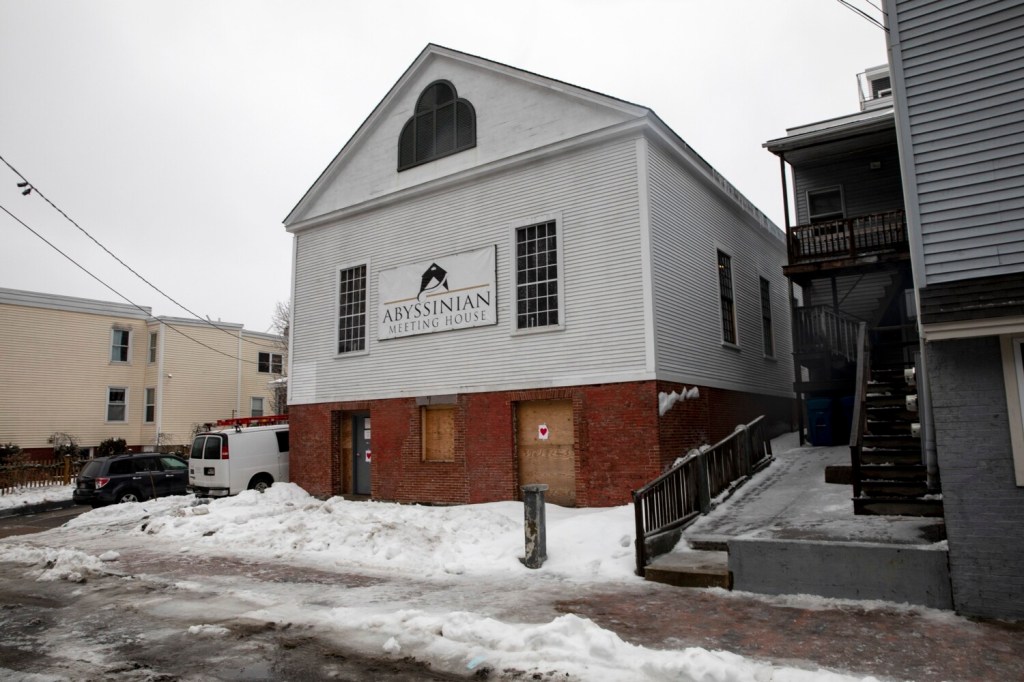
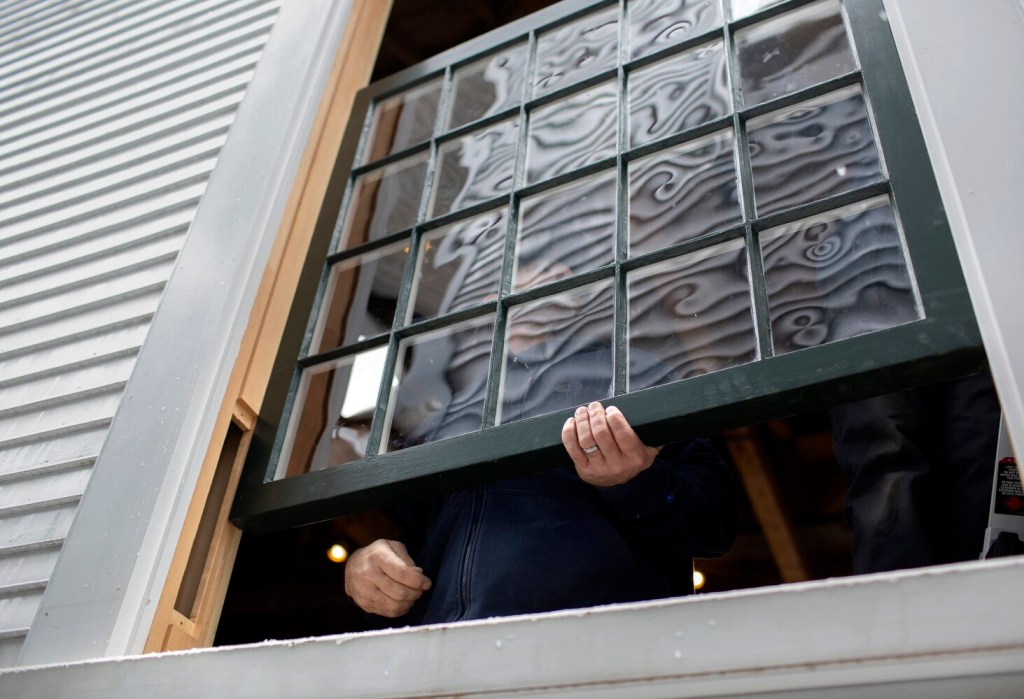
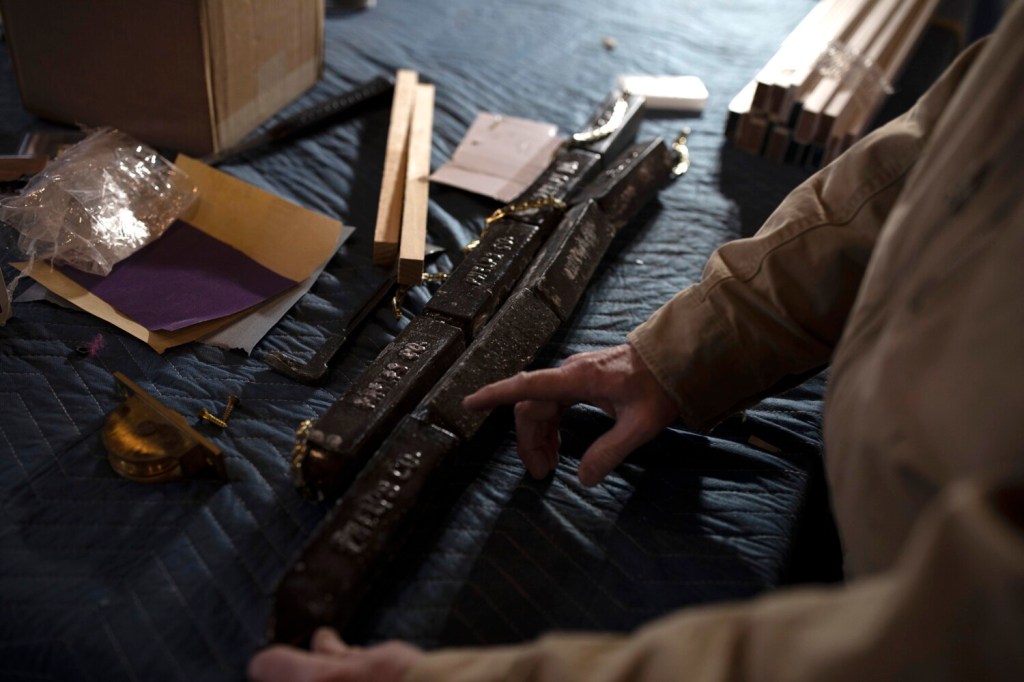
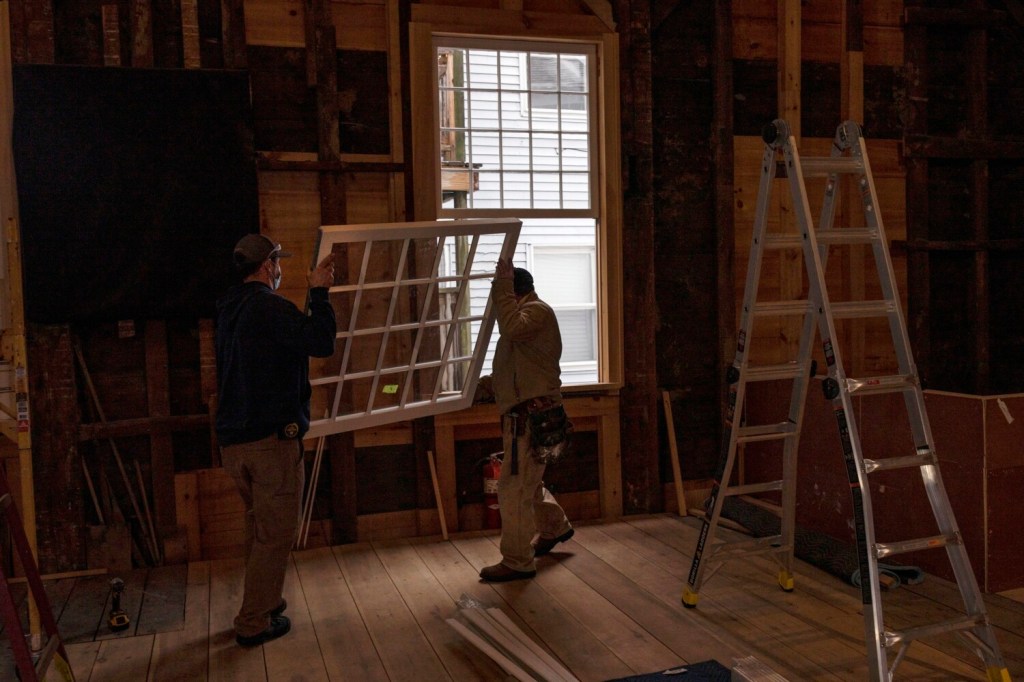
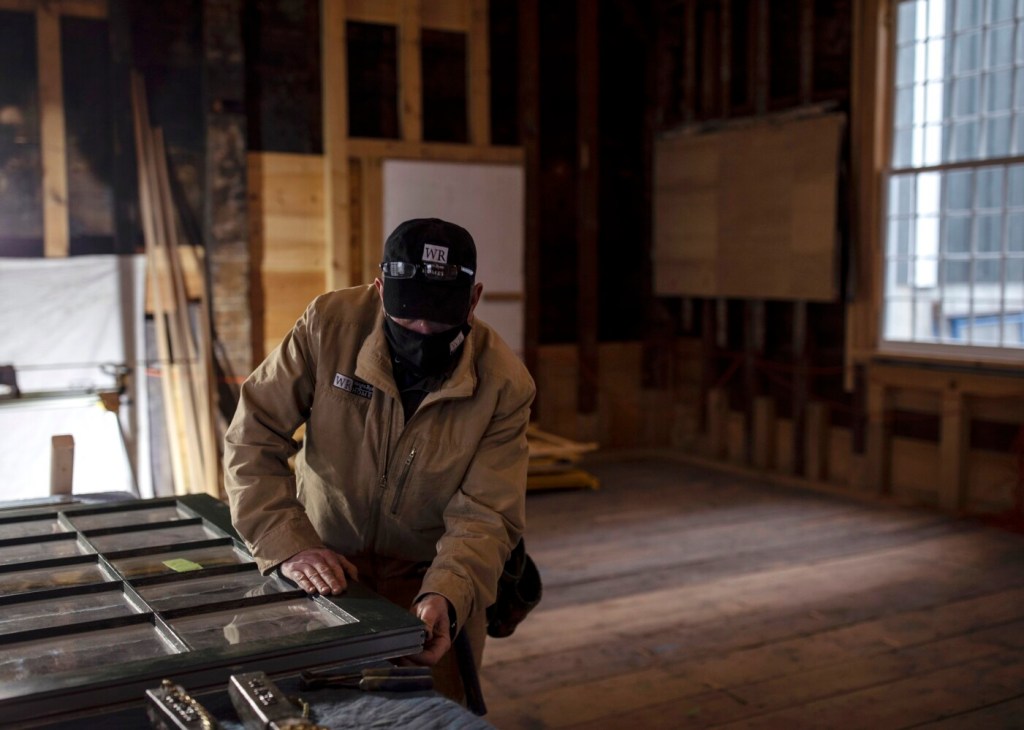
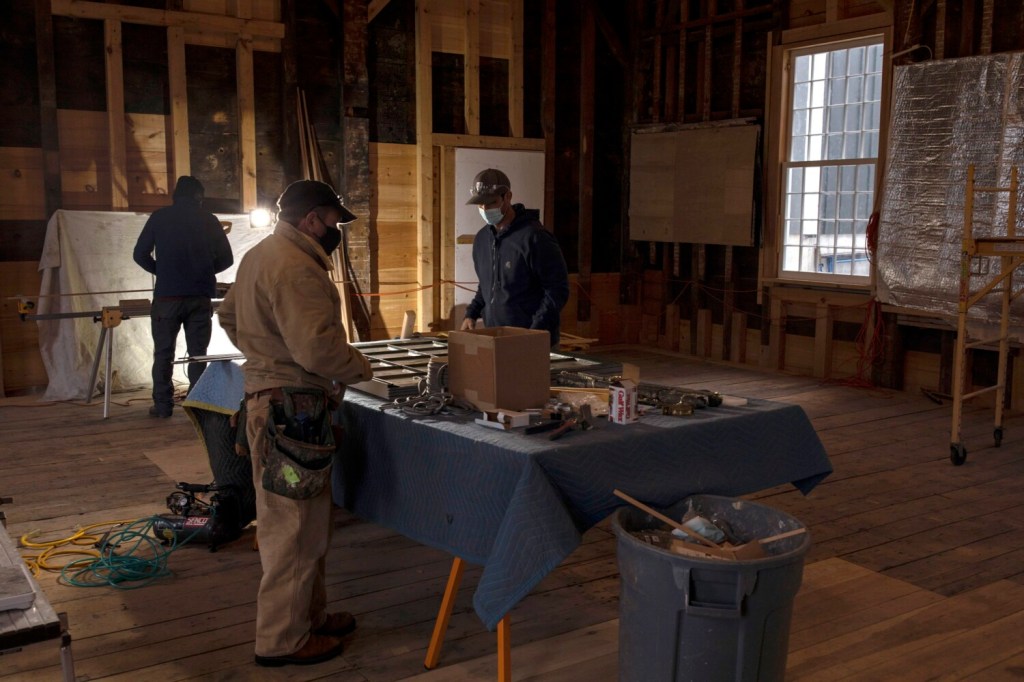
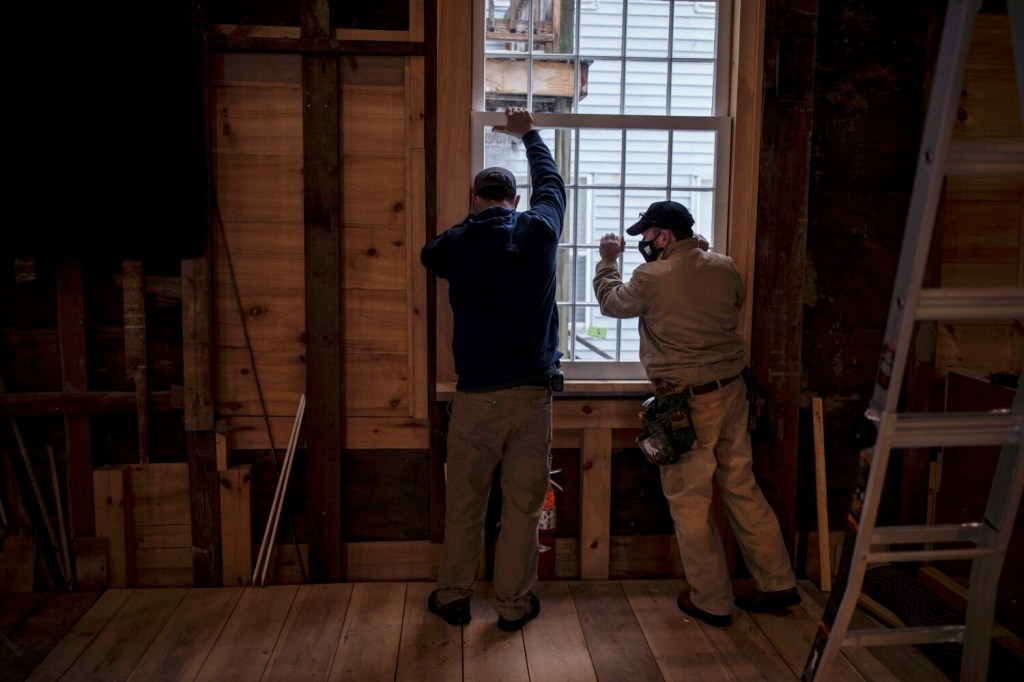
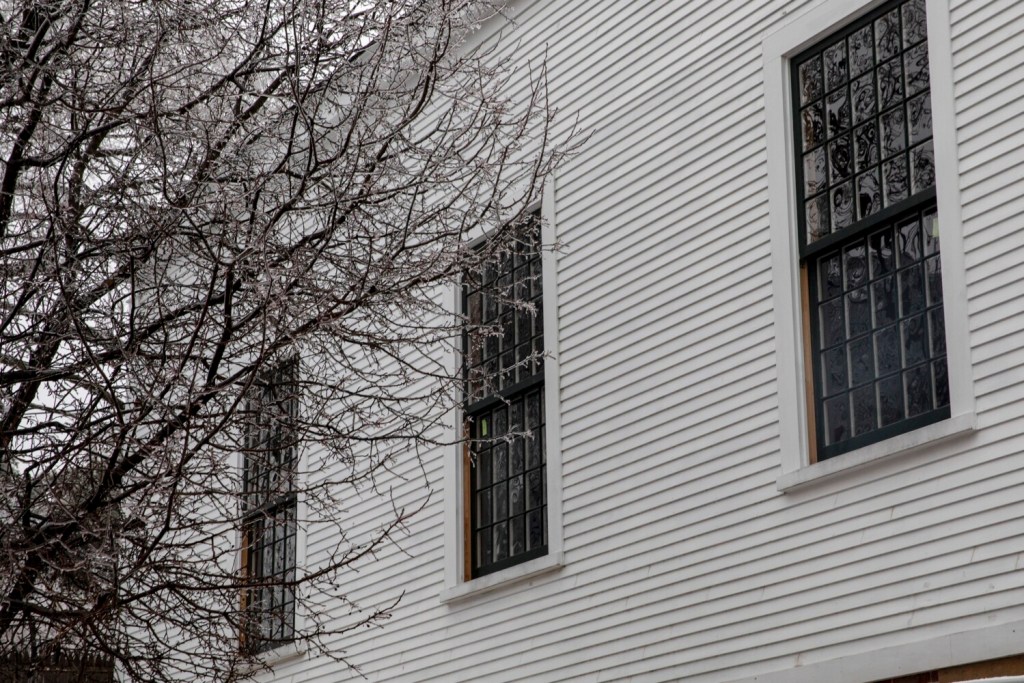

Comments are no longer available on this story